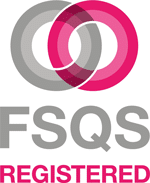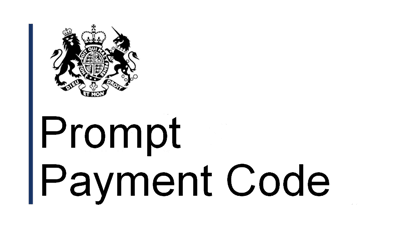The latest BRC Global Food Safety standard issue 9 has just been published. Two core themes of the new issue are developing food safety culture and building core competencies. We work with food manufacturers across all areas of food safety and risk, with a particular focus on product recall, and so have reviewed the changes with product recall and recall prevention in mind. Audits to the new standard will commence on 1st February 2023.
Here are the key changes that should reduce product recall risk:
- The Management of Incidents, product withdrawal and product recall (3.11.1) has expanded its examples of what an incident may include . It now specifically identifies “product contamination” as an incident which it did not in previous issues. Procedures are required to effectively manage incidents. In our view, the plans required to manage a flood, loss of key services or other serious (non-product) incident will be quite different from the plan to manage a product contamination incident. We see it as a very positive thing that product contamination is given higher profile in this new issue.
- Incident management procedures (including for recall and withdrawal) shall be tested at least annually (3.11.3). Previously this clause required only the recall procedures to be tested annually. So now incident procedures also need to be tested each year. This raises the importance of incident management procedures beyond just recall. In practice, testing incident procedures for a flood or natural disaster requires a separate exercise to that of a recall simulation. We would also stress that a traceability exercise (or mock recall) is not an effective method of testing the incident or recall procedure. An immersive, scenario based, realistic simulation exercise is required to really test the plans and crisis team.
- Requirement for staff to be trained in food defence procedures (4.2.4). This is not a new requirement, but a clarification of the importance of food defence training
- Strengthening the Product Authenticity section (5.4.1), there is now a requirement for the individual or team responsible for vulnerability assessments to have knowledge of the principles of vulnerability assessments. Training on vulnerability assessment would likely be required to meet this.
- Clause 6.2.1 is strengthened by the addition of the requirement to have processes “in place to check label use is reconciled with expected use and the cause of inconsistencies investigated”. If strictly followed, this should reduce the large number of recalls that occur due to the incorrect label being used, or even the product being put in the wrong pack – as we call them Never Event Product Recalls – read more about this here.
In summary, it is always good to have a refreshed and strengthened standard. We hope that achievement of the highest grade of this standard will truly reflect high standards and show a real improvement in food safety systems that result in a significant reduction in product recalls.
RQA Group can assist you to meet every aspect of the BRC Global Food Safety standard. If you want to discuss the latest changes in issue 9 and your challenges in meeting them, please click below to contact us.


